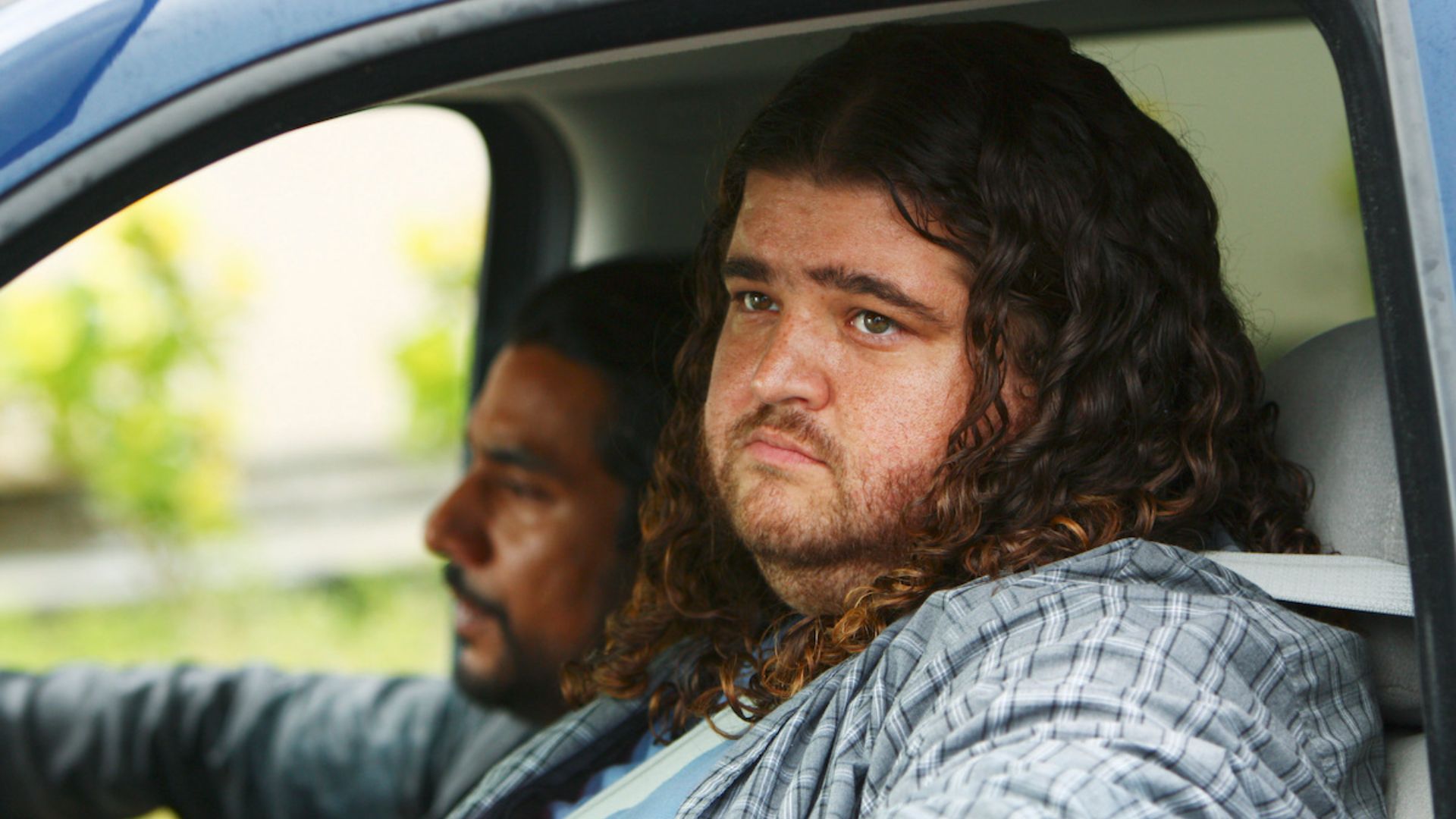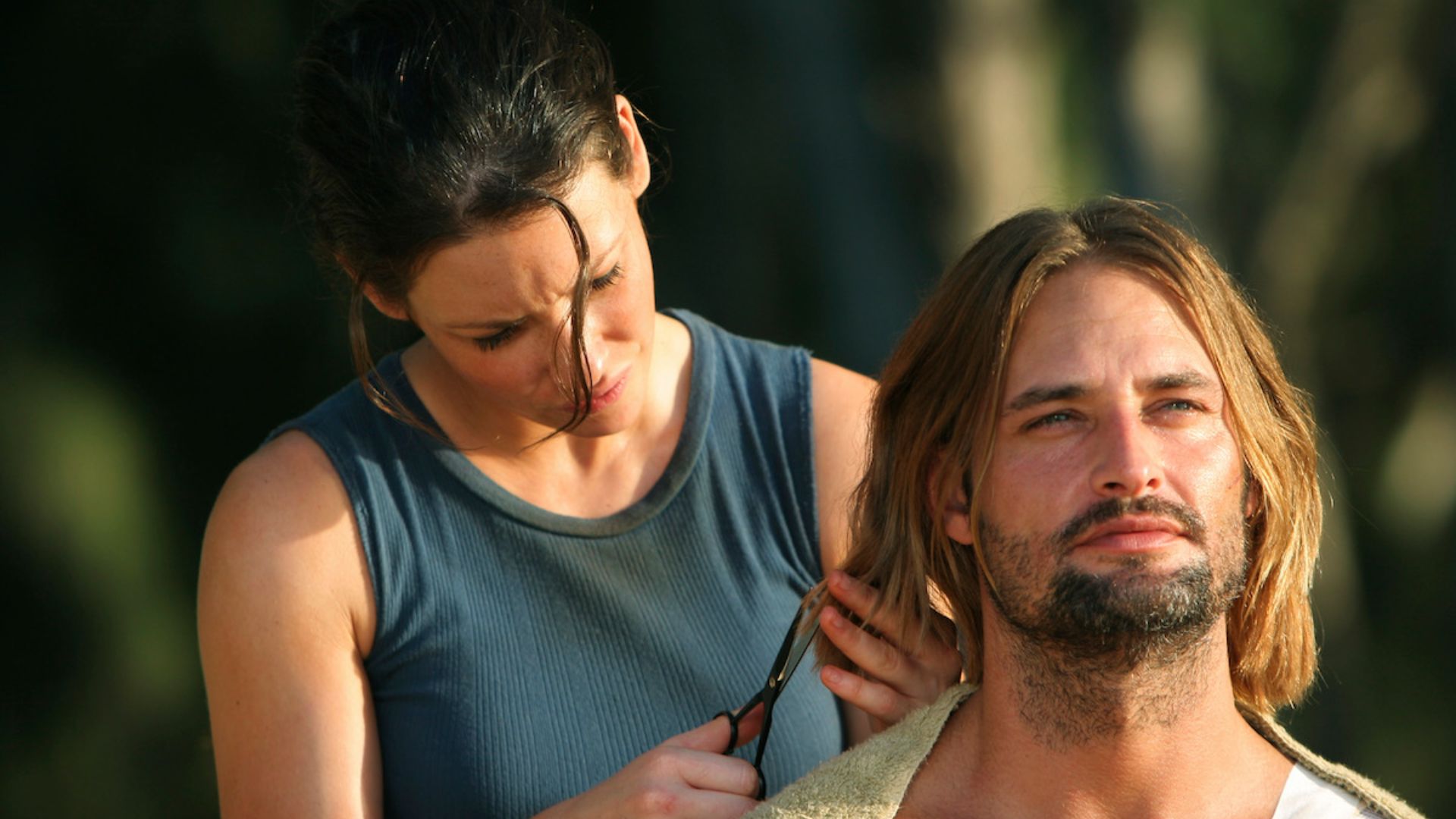Lost is now on Netflix and it’s a harsh reminder of what’s missing from today’s TV shows
Opinion | Lost returning to Netflix makes us nostalgic for a time when TV felt more meaningful

We have to go back. Amid much fanfare and wistful reminiscing, Lost is now streaming on Netflix – a move that allows a new generation to witness the trials, tribulations, and all-time mind-melters from that iconic crash landing over 20 years ago.
But reconnecting with the survivors of Oceanic Flight 815 doesn’t just let us relive a classic. Dig a little deeper – as much of its wider cast, including Matthew Fox’s Jack and Evangeline Lilly’s Kate do over its six seasons – and you’ll discover Lost is actually something altogether more important: it’s a harsh reminder of what is missing from today’s TV.
What, exactly? The answer to that can be most readily found in Lost’s first season. Watching it today, it’s an almost unthinkable proposition: a 25-episode opening salvo that only ever inches towards the overall mystery, instead choosing to focus on the key players on the island via flashbacks.
Highlights from that first season (for my money, one of the greatest single seasons ever made) include Locke’s defiant Walkabout, Jin and Sun’s relationship, and Sayid’s blood-splattered history. There’s a case to be made for Lost over-explaining much of its characters’ backstories, but the rich, languid pace of that first season then means, when the major mysteries start to unravel and the walls close in, you care about everyone far more deeply than you otherwise would. In Lost, anyone can be the main character, feel like a friend, and everything in between – and it’s all because of that first season.
The series, which aired on ABC from 2004 to 2010, also contained a sincerity and heart that hasn’t really been matched since. Lost’s wide-ranging tapestry of emotional moments – from ‘The Constant’ to the jaw-dropping reveal of ‘Not Penny’s Boat’ – doesn’t work without that build-up.
We have to go back

Lost may be dropping all at once on Netflix, but its heyday saw the advent of a new type of week-to-week watercooler television, one that is sorely absent from the 2024 landscape.
Whether it’s down to many streamers opting to dump entire seasons on day one or it’s the Dead Internet Theory ringing true, Lost’s languid style of storytelling demands to be picked apart over weeks, months, and years. It’s since been replaced by everything being memed to death, spoiled on social media in 24 hours or – worse still – devoured by a hungry audience within its first 28 days to satiate some unknowable algorithm.
Sign up for the Total Film Newsletter
Bringing all the latest movie news, features, and reviews to your inbox
I fondly recall reading A.V. Club’s weekly recaps – years after the fact – as if it were a valuable companion piece to the adventures on the island, while simultaneously poring over books, forums, threads, and anything else I can get my hands on. The sort of nuanced analysis, frankly, only exists on the fringes of any pop culture conversation. If there’s any lasting noise at all these days, it’s all shock, outrage, and goofy YouTube thumbnails.
Lost also kept coming. With the important caveat that crew and cast should never be overworked, today’s television is far too stop-start in its nature; eight episodes in two years is the rule, not the exception. The Last of Us, House of the Dragon, and Severance are some of the many, many recent big-name offenders on that list. Lost’s laser-focused schedule on location (a rare thing!) in Hawaii meant everyone could always be along for the ride, from confusing beginnings to an even more confusing end.

It may not have escaped your attention that I haven’t even dug into Lost’s killer hook: its mysteries. That, dear viewer, is something you must discover for yourself. All I’ll say is, while much of today’s mystery boxes and plot twists feel designed to misdirect the viewer (and, in turn, its audience revels in refusing to be ‘got’), Lost’s approach to uncovering the truth feels especially novel in 2024.
That’s because it’s all designed with audience participation in mind. Breadcrumbs are sprinkled in, background details suddenly become key after years of theorycrafting and, yes, everything is answered. Even the polar bears. The common misconceptions about Lost – especially a completely false belief in what happened in its final season – soon melt away thanks to the show’s undying commitment to emotional and narrative satisfaction. So much so that even its bad moments – Jack’s tattoo, we see you – have lasting merit and meaning. Everything matters. There’s a reason why Lost is remembered so fondly two decades later, after all.
In spite of its grand return, Lost feels less like a blueprint for new dramas (prestige or otherwise) and more like a time capsule. We can never go back. The past, as they say, is a foreign country – or, in Lost’s case, an island filled with smoke monsters, numbers, and a bunker-bound Scotsman obsessed with pushing a button.
Lost is now streaming on Netflix. For more, check out the best Netflix shows and best anime on Netflix.
I'm the Senior Entertainment Writer here at GamesRadar+, focusing on news, features, and interviews with some of the biggest names in film and TV. On-site, you'll find me marveling at Marvel and providing analysis and room temperature takes on the newest films, Star Wars and, of course, anime. Outside of GR, I love getting lost in a good 100-hour JRPG, Warzone, and kicking back on the (virtual) field with Football Manager. My work has also been featured in OPM, FourFourTwo, and Game Revolution.



